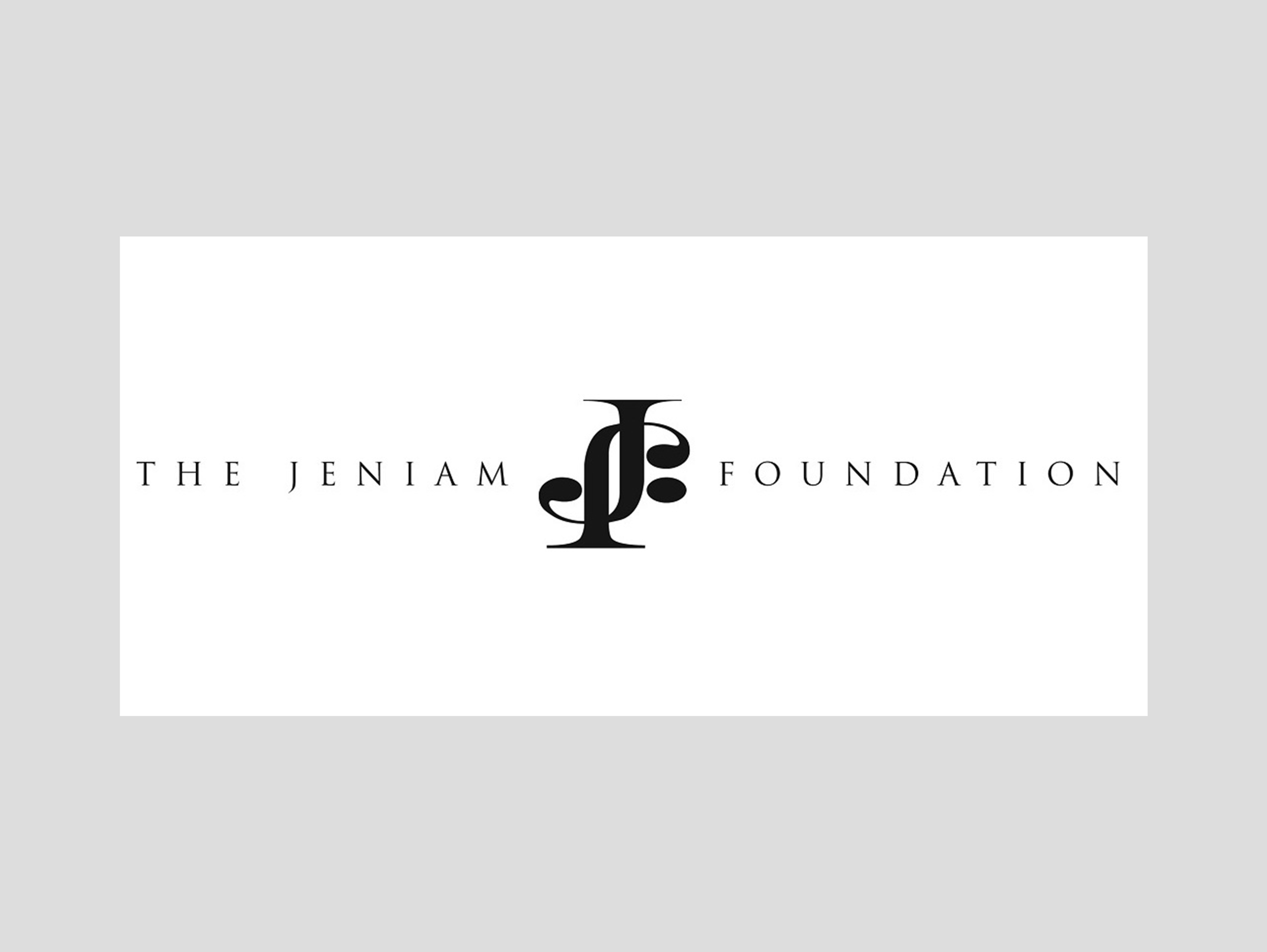OUR WORK | EDUCATIONAL MATERIALS | ANNUAL GALA | SUPPORT US | CONTACT US
Our Work
CCFE is the research and education affiliate of Citizens Campaign for the Environment (CCE) and works to increase public education, to undertake environmental and public health research, to disseminate sound information, and to promote prudent policies on issues affecting land and water resources. CCFE promotes the application of sound science in the setting of public policy, the enforcement of environmental laws, and the application of environmental regulations in New York, Connecticut, and the Nation.
Emerging Contaminants
New York and Connecticut waterways are testing positive for various emerging contaminants, including pharmaceuticals, pesticides, toxic flame retardants, Volatile Organic Chemicals (VOCs), and Polycyclic Aromatic Hydrocarbons (PAHs). CCFE works to educate the public on how these chemicals enter waterways and how to choose safer and healthier alternatives.
Endangered Species Protection
Climate change, invasive species, and water pollution all threaten biodiversity. CCFE works to protect specific species through research, education, and direct actions, including annual volunteer events to protect piping plover nests. CCFE also works to conserve habitats, including old growth forests, wetlands, spawning grounds, and more, that are essential to the survival of many threatened and endangered species.
Energy
In the face of global climate change, CCFE works to educate stakeholders and the public on the adverse impact our society reliance on fossil fuels, with a particular focus on the risks of hydrofracking in New York. Focusing on solutions, CCFE promotes renewable energy projects and policies, including solar and offshore wind power.
Farming Future
Agriculture sustains our communities and bodies, but large concentrated animal feeding operations (CAFOs) can put local farmers out of business and produce waste that, if not properly managed, can contaminate drinking water, sicken individuals, and impair fisheries. CCFE works to educate the public on the benefits of local agriculture and farmland preservation, as well as educate stakeholders on the environmental, health, and economic impacts of CAFOs.
Green Infrastructure
When it rains or snows, water flows over impervious surfaces, picking up pollutants and washing them into nearby waterways. To combat this problem, CCFE works with business, homeowners, and municipalities to implement green infrastructure practices, which help prevent polluted stormwater runoff, capture rainfall, and reduce flooding.
Plastic Pollution
CCFE works to reduce two sources of harmful plastic pollution: plastic bags and plastic microbeads. Plastic bags and other marine debris harm 267 species of wildlife, while microbeads—tiny plastic beads found in soaps and toothpastes—are an emerging contaminant in local water bodies. CCFE educates the public on the importance of switching to reusable bags and of choosing microbead-free products.
Water Protection
The waterways that New York and Connecticut residents rely on are threatened by sewage overflows, invasive species, pharmaceutical contamination, polluted stormwater runoff, climate change, insufficient funding, and more. To protect the Great Lakes, CCFE educates the public and policymakers about the threats to the lakes and works to advance the Great Lakes Action Agenda. On Long Island, CCFE works with Long Island Sound Study Citizens Advisory Committee (LIS CAC) and the South Shore Estuary Reserve Citizens Advisory Committee (SSER CAC), as well as conducting several educational campaigns aimed at protecting Long Island's drinking and surface waters.
Annual Reporting
To learn more about CCFE's progress on these and other campaigns, check out our annual reports:












